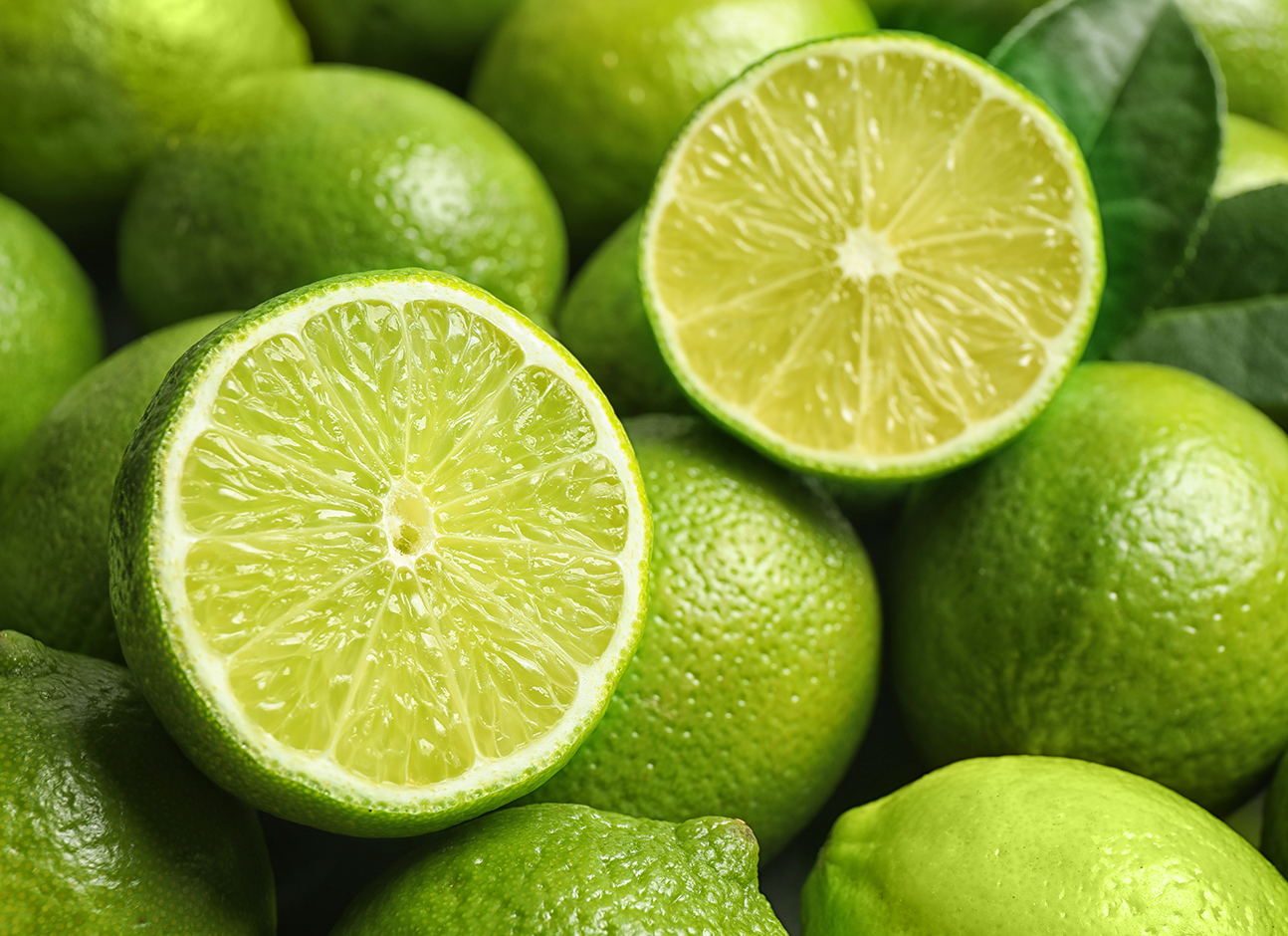The answer is no if you’ve ever wondered if your cat can eat lime. Although cats are carnivores (meaning they eat meat), they also have a keen sense of smell, making them good at finding food. Cats usually avoid anything that smells sour or makes them gag when trying to hunt down prey, like mice and birds. So if your cat comes across something that smells sour or off-putting, it isn’t going to want it!
Why are limes toxic to cats?
Many people don’t know that limes are toxic to cats. The rind of the lime is generally where most of the limonene and other citrus compounds are found, but this doesn’t mean that all parts of lime are dangerous to your cat. Like any other fruit or vegetable, it’s important to read the label before feeding your pet!
Limes contain citric acid, which can cause stomach irritation and ulcers in cats who eat them regularly because it can irritate their digestive system by causing an inflammation called gastritis (also known as “stomach upset”).
Adverse side effects of limes
Limes can cause kidney failure, vomiting and diarrhea, inflammation of the pancreas and severe dehydration. They’re also known to cause depression in cats.
Limes aren’t very nutritious for your cat either—they’re mostly water with some added sugar (which is why they taste so good). If you want your kitty to eat them but don’t want them getting sick afterwards: make sure you remove any seeds before giving them to your pet; if you don’t mind seeds in their food, then feel free to give them as a treat!
What happens if my cat licks a lemon?
Lemon juice is toxic to cats and can cause serious gastrointestinal problems. If your cat licks a lemon, you should immediately take them to the vet. If they don’t seem upset, but their tummy doesn’t feel right, have them checked out right away. The first thing the vet will do is give your cat a thorough check-up. They’ll want to ensure they’re not suffering from any other conditions that would worsen the lemon juice toxicity. Then they’ll run tests to see what has happened to your cat’s body and ensure everything is okay.
What could happen if a cat eats a lime?
The most common cause of death from eating limes is vomiting, diarrhea, and lethargy. Other symptoms include kidney failure and death. In addition to these serious complications, cats can also experience heart arrhythmia (irregular heartbeat) and pancreatitis (inflammation of the pancreas).
Suppose your cat consumes too much lime juice or crystallized lime powder. In that case, it will become hyperthermic—a condition in which body temperature rises dangerously high due to an inability of the body’s thermoregulation system to regulate heat production as normal. This can lead to severe brain damage or even death if left untreated.
Conclusion
If you are concerned that your cat may have eaten a lime, it’s important to seek medical attention immediately. If the cat vomits, it must be taken to the vet immediately.
